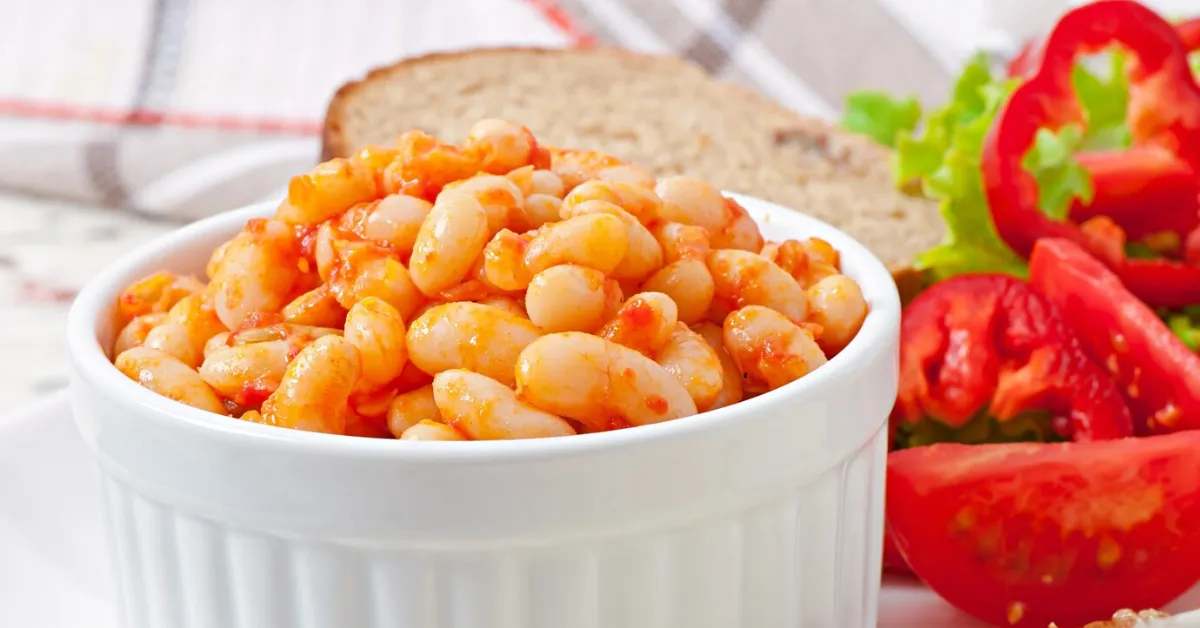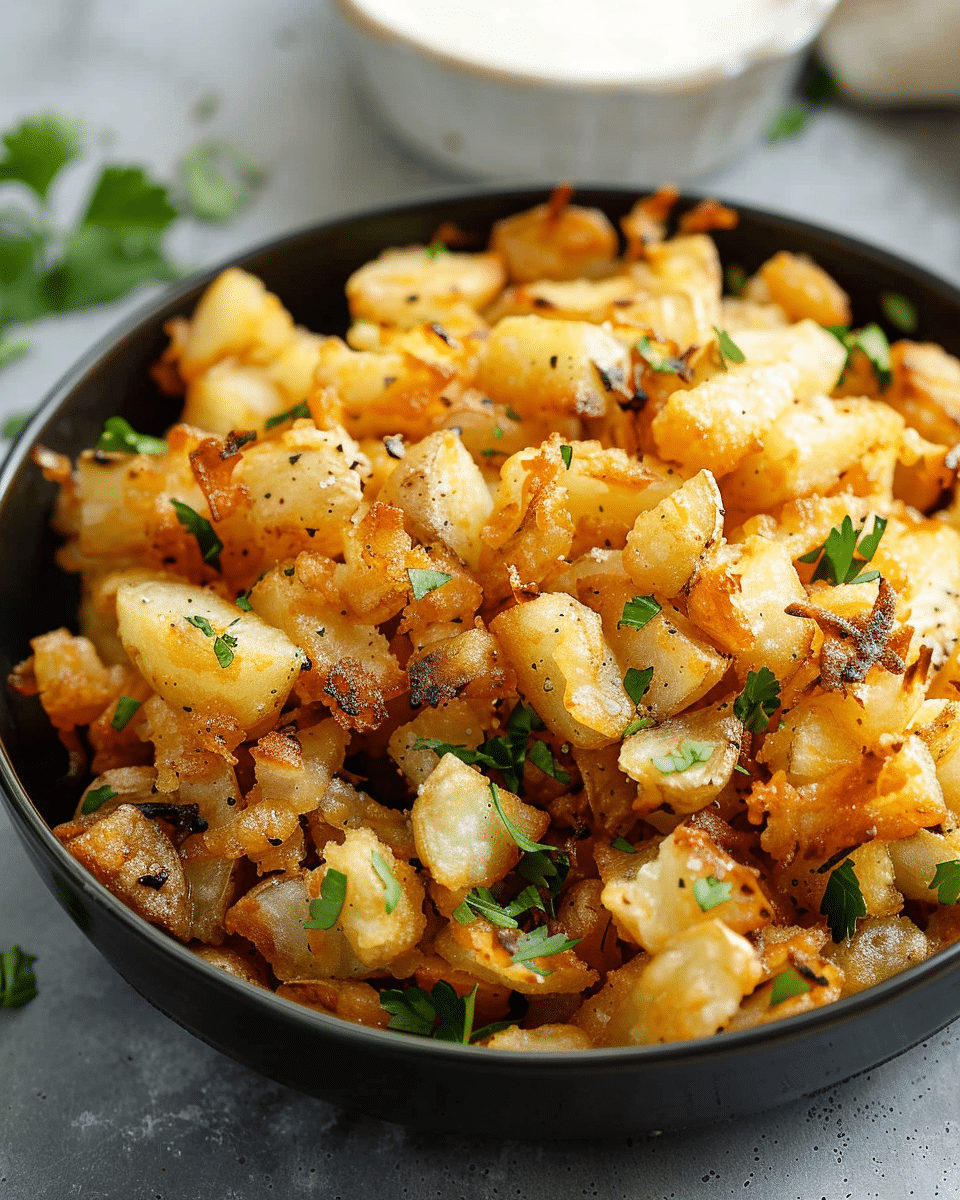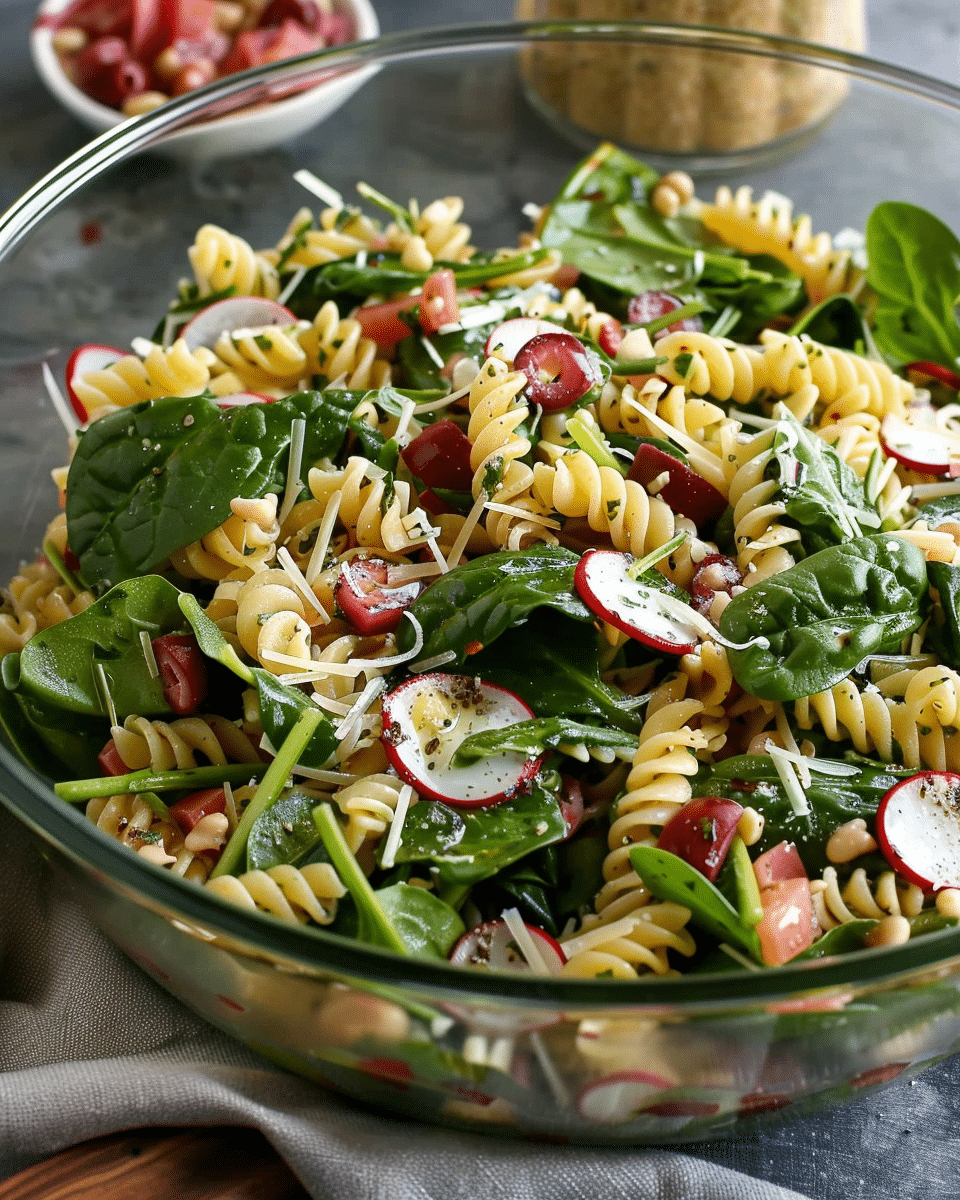Baked beans have been a staple in many households for generations. Their rich, savory taste combined with the convenience of canned goods makes them a popular choice. But the question remains: Are baked beans healthy? Let’s embark on a journey to uncover the truth.
Are Baked Beans Healthy?
The simple answer is yes, but with a few caveats. Baked beans can be a nutritious part of a balanced diet when consumed in moderation and chosen wisely. They are packed with fiber, protein, and essential vitamins and minerals. However, like any food, it’s essential to be aware of the ingredients and nutritional content.
Nutritional Breakdown of Baked Beans
Baked beans, a staple in many diets, are not just delicious but also packed with nutrients. Here’s a closer look at what’s inside these little legumes:
Fiber content:
- One of the standout nutrients in baked beans is dietary fiber. Fiber is essential for promoting healthy digestion and can help regulate blood sugar levels. A single serving of baked beans can provide a significant portion of your daily recommended fiber intake.
Protein source:
- Baked beans are a good source of plant-based protein. For vegetarians, vegans, or those looking to reduce meat consumption, baked beans can be a valuable protein source. Protein is vital for muscle repair, growth, and overall body function.
Vitamins and minerals:
- These beans are rich in several essential vitamins and minerals. They contain iron, which is crucial for transporting oxygen throughout the body; magnesium, which supports muscle and nerve function; and vitamin B6, which is essential for brain development and function.
Caloric value:
- While baked beans are nutrient-dense, they also come with calories. It’s essential to be mindful of portion sizes, especially if you’re watching your caloric intake. The sauce in which the beans are baked can also add to the calorie count, especially if it contains added sugars.
Carbohydrates:
- Baked beans are a good source of complex carbohydrates, which provide the body with energy. The carbohydrates in baked beans have a low glycemic index, meaning they release energy slowly, keeping you full and energized for longer.
Fats:
- Baked beans are low in fat, making them a heart-healthy choice. However, it’s always a good idea to check the label, especially if the beans are in a sauce, as some varieties might have added fats.
Sodium:
- One potential concern with canned baked beans is their sodium content. Sodium is added for flavor and preservation, but excessive sodium intake can be detrimental to heart health. If sodium intake is a concern, look for low-sodium varieties or consider making baked beans at home.
In summary, baked beans offer a wealth of nutritional benefits, making them a worthy addition to any diet. However, as with any food, it’s essential to consume them in moderation and be aware of their nutritional content, especially if they come with added ingredients or sauces.
Related: Grandma Browns Baked Beans Recipe
Health Benefits of Baked Beans
Baked beans, often enjoyed for their rich taste, bring more to the table than just flavor. They come packed with a myriad of health benefits that can contribute to overall well-being:
Digestive Health:
One of the primary benefits of baked beans is their high fiber content. Dietary fiber aids in promoting a healthy digestive system. It helps prevent constipation, promotes regular bowel movements, and can reduce the risk of certain digestive disorders.
Heart Health:
Baked beans can be a heart’s best friend. The soluble fiber in beans helps lower blood cholesterol levels, reducing the risk of heart disease. Furthermore, the magnesium and potassium found in beans support heart function and maintain a healthy blood pressure.
Weight Management:
If you’re looking to manage or lose weight, baked beans can be a valuable ally. Their high fiber and protein content can help you feel full and satiated, reducing the likelihood of overeating. Plus, they have a low glycemic index, meaning they provide sustained energy without causing rapid spikes in blood sugar.
Blood Sugar Regulation:
Speaking of blood sugar, baked beans are beneficial for those with or at risk of diabetes. Their low glycemic index and high fiber content help regulate blood sugar levels, ensuring they don’t spike suddenly after meals.
Bone Health:
Baked beans are a good source of calcium and phosphorus, both essential for maintaining strong and healthy bones. Regular consumption can help reduce the risk of bone-related ailments like osteoporosis.
Mood and Energy Boost:
Baked beans are rich in B vitamins, especially B6 and folate. These vitamins play a crucial role in producing neurotransmitters that regulate mood and help in the formation of red blood cells, which transport oxygen, giving you energy.
Immune System Support:
The iron and zinc in baked beans play a vital role in maintaining a robust immune system. Iron is essential for the proper function of hemoglobin, which carries oxygen in the blood, while zinc is crucial for immune cell development and function.
Muscle Health:
The protein in baked beans is essential for muscle repair and growth. Whether you’re an athlete or someone who enjoys occasional workouts, including baked beans in your diet can aid muscle recovery and strength.
In summary, baked beans are more than just a tasty side dish. They’re a powerhouse of nutrients that can significantly benefit various aspects of health. Including them in a balanced diet can help you reap these benefits while enjoying their delicious taste.
Potential Drawbacks of Baked Beans
Baked beans, like all foods, should be consumed in moderation and with an understanding of their potential downsides:
Added Sugars:
Many commercially prepared baked beans, especially those in cans, contain added sugars. These sugars can increase the calorie content and potentially lead to weight gain and other health issues if consumed excessively.
Sodium Content:
One of the significant concerns with canned baked beans is their high sodium or salt content. Consuming foods high in sodium can lead to high blood pressure, which is a risk factor for heart disease. It’s essential to check the label and opt for low-sodium varieties when possible.
Preservatives and Additives:
Canned baked beans may contain preservatives and additives to extend shelf life and enhance flavor. Some of these additives might not be suitable for everyone, especially those with specific allergies or sensitivities.
Flatulence:
Beans are known for causing gas or flatulence due to their high fiber content and specific carbohydrates that some people find hard to digest. While this isn’t harmful, it can be uncomfortable for some individuals.
Potential for Weight Gain:
While baked beans can be part of a weight management plan due to their fiber and protein content, the added sugars and sauces can increase the calorie content. It’s essential to be mindful of portion sizes.
Canned vs. Homemade:
While canned beans offer convenience, they might not provide the same nutritional benefits as homemade versions. Homemade baked beans allow for control over ingredients, ensuring a healthier and more personalized dish.
Allergies and Sensitivities:
While rare, some individuals might be allergic or sensitive to ingredients used in baked beans, especially in commercially prepared versions. It’s always a good idea to check the label if you have known food allergies.
In summary, while baked beans are a nutritious and tasty addition to many meals, it’s essential to be aware of potential drawbacks. Opting for low-sodium, low-sugar varieties, or preparing them at home can help mitigate some of these concerns. As with all foods, moderation and awareness are key.
Comparing Canned vs Homemade Baked Beans
Baked beans, whether from a can or made from scratch, are a beloved dish for many. However, there are distinct differences between the two in terms of nutrition, taste, convenience, and cost:
Nutritional Differences:
- Canned: Canned baked beans often come with added sugars, salt, and preservatives to enhance flavor and prolong shelf life. This can increase the calorie, sodium, and sugar content of the beans.
- Homemade: When making baked beans at home, you have complete control over the ingredients. This means you can limit or eliminate added sugars, reduce salt, and avoid preservatives, resulting in a healthier dish.
Taste and Texture:
- Canned: The taste of canned baked beans can be consistent, with a familiar flavor many have come to love. However, the texture might be softer due to the canning process.
- Homemade: Homemade baked beans offer a fresher taste, and the flavor can be tailored to individual preferences. The texture can also be adjusted based on cooking time, allowing for a firmer or softer bean.
Convenience:
- Canned: One of the primary advantages of canned baked beans is convenience. They’re pre-cooked and ready to eat after heating, making them a quick and easy meal option.
- Homemade: Making baked beans from scratch requires more time and effort. From soaking and boiling the beans to preparing the sauce, it’s a longer process than simply opening a can.
Cost-effectiveness:
- Canned: While canned baked beans are relatively affordable, frequent consumption can add up in cost over time.
- Homemade: Buying dried beans in bulk can be more cost-effective in the long run. While there’s an initial investment in ingredients for the sauce, these can be used for multiple batches, potentially saving money.
Environmental Impact:
- Canned: Canned beans come in metal cans, which, if not recycled, can contribute to environmental waste.
- Homemade: Buying dried beans in bulk with reusable containers can reduce packaging waste. Additionally, there’s no need to dispose of metal cans.
Customization:
- Canned: With canned beans, customization is limited to adding extra ingredients after opening.
- Homemade: Making beans at home allows for complete customization. From the type and amount of sweetener to the spices and flavors, everything can be adjusted to personal preference.
Dietary Considerations for Baked Beans
Baked beans can fit into various diets, but it’s essential to be aware of certain considerations based on individual dietary needs and preferences:
Vegan and Vegetarian:
- Canned: Most baked beans are plant-based, making them suitable for vegetarians. However, some varieties might contain animal-derived ingredients like bacon or lard. Vegans should also check for honey or other non-vegan sweeteners.
- Homemade: When making baked beans at home, it’s easy to ensure they are vegan or vegetarian by selecting plant-based ingredients.
Gluten-Free:
- Canned: While beans themselves are naturally gluten-free, some canned varieties might contain sauces with gluten-containing ingredients or be cross-contaminated. It’s crucial to check the label if you have gluten sensitivities.
- Homemade: Making baked beans at home allows for control over ingredients, ensuring a gluten-free dish by using gluten-free sauces and seasonings.
Low-Carb and Keto:
- Canned: Baked beans, especially those with added sugars in the sauce, can be high in carbohydrates. They might not be suitable for strict low-carb or keto diets.
- Homemade: By making baked beans at home, you can adjust the ingredients to reduce carbs, such as using sugar alternatives or making a bean-less version with similar flavors.
Low-Sodium:
- Canned: Many canned baked beans have high sodium content due to added salt. If sodium intake is a concern, look for low-sodium or no-salt-added varieties.
- Homemade: Preparing baked beans at home allows for control over salt content, making it easier to create a low-sodium version.
Allergies and Sensitivities:
- Canned: Some canned baked beans might contain allergens like mustard, soy, or certain preservatives. Always check the label if you have known food allergies.
- Homemade: Making baked beans at home provides control over ingredients, ensuring they are free from specific allergens.
Organic and Non-GMO:
- Canned: If you prefer organic or non-GMO foods, select canned baked beans that are labeled as such.
- Homemade: When making baked beans at home, you can choose organic and non-GMO ingredients to align with your dietary preferences.
In summary, baked beans can be adapted to fit various dietary needs, but it’s essential to be aware of ingredient lists and potential allergens. Whether opting for canned or homemade, being informed allows for choices that align with individual dietary considerations.
Incorporating Baked Beans into a Diet
Baked beans, with their rich flavor and nutritional profile, can be seamlessly integrated into various meals. Here are some ideas and tips to include them in your diet:
Breakfast Ideas:
- Beans on Toast: A classic and simple dish. Spread baked beans over whole-grain toast, sprinkle with cheese or herbs, and broil until the cheese melts.
- Bean Omelette: Add baked beans to your morning omelette or scrambled eggs for added flavor and nutrition.
- Breakfast Burrito: Combine baked beans with scrambled eggs, cheese, and veggies, then wrap in a tortilla for a filling breakfast burrito.
Lunch and Dinner Recipes:
- Bean Salad: Mix baked beans with fresh veggies like tomatoes, cucumbers, and bell peppers. Drizzle with olive oil and lemon juice for a refreshing bean salad.
- Bean Casserole: Combine baked beans with other beans, veggies, and a protein source like chicken or tofu. Top with breadcrumbs and bake until golden.
- Bean Tacos: Use baked beans as a filling for tacos. Add lettuce, cheese, salsa, and other favorite toppings.
- Bean Soup: Blend baked beans with broth and seasonings to create a creamy bean soup. Add veggies and protein for a complete meal.
Snack Options:
- Bean Dip: Puree baked beans with garlic, olive oil, and seasonings to create a bean dip. Serve with whole-grain crackers or veggie sticks.
- Stuffed Veggies: Hollow out bell peppers or zucchini and stuff them with a mixture of baked beans, rice, and seasonings. Bake until the veggies are tender.
Side Dishes:
- Bean Mash: Mash baked beans with a bit of butter or olive oil for a twist on traditional mashed potatoes.
- Bean and Veggie Stir-Fry: Stir-fry baked beans with your favorite veggies and seasonings for a quick and nutritious side dish.
Desserts:
- While unconventional, some creative recipes use bean puree as a base for brownies or cookies, adding fiber and reducing fat content.
Tips for Incorporation:
- Portion Control: While baked beans are nutritious, it’s essential to watch portion sizes, especially if you’re mindful of calorie or carb intake.
- Variety: Rotate baked beans with other legumes like lentils, chickpeas, and black beans to ensure a varied nutrient intake.
- Spice It Up: Don’t hesitate to experiment with seasonings. From spicy chili to aromatic herbs, baked beans can take on various flavors.
FAQs
Are canned beans unhealthy? Canned beans can be a healthy choice if you opt for low-sodium, no-added-sugar varieties. However, some brands may contain high salt, sugar, or preservatives. Always check the label to make an informed choice.
What do you eat with baked beans? Baked beans pair well with toast, eggs, sausages, salads, and casseroles. They can be used in breakfast burritos, as a side dish for BBQs, or mixed into stews for added flavor and nutrition.
What is the number 1 worst carb? The worst carbs are often refined and processed carbohydrates like sugary snacks, pastries, and sugary drinks. These can spike blood sugar levels rapidly and offer little nutritional value.
Why are they called baked beans? They’re called “baked beans” because the traditional method of preparation involves baking the beans in a sauce, often made with tomato, sugar, and spices, until they’re tender and flavorful.
Conclusion
In conclusion, baked beans can be a healthy addition to your diet when chosen wisely and consumed in moderation. They offer numerous health benefits, from promoting digestive health to aiding in weight management. However, it’s essential to be aware of potential drawbacks and choose brands with minimal additives. Whether you prefer canned or homemade, baked beans can be a delicious and nutritious part of your meals.








